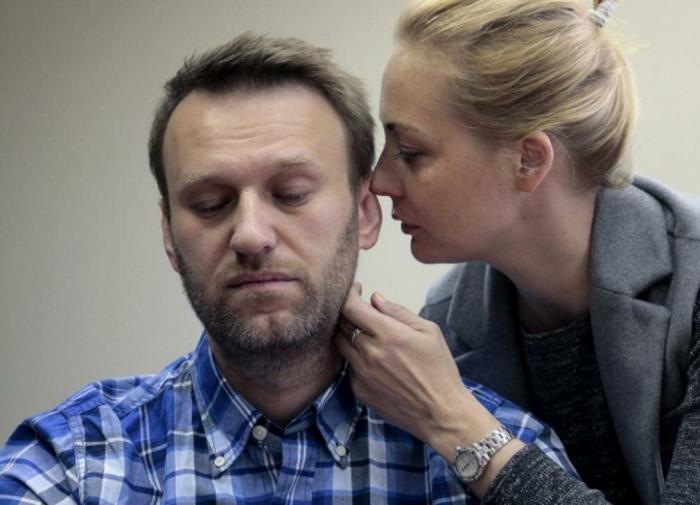The Organization for the Prohibition of Chemical Weapons (OPCW) reported that it found toxins in Alexei Navalny's samples. Representatives of the organisation noted, that the found toxins were not included in the list of banned substances.

"The results of the analysis by the OPCW designated laboratories of biomedical samples collected by the OPCW team and shared with the Federal Republic of Germany confirm that the biomarkers of the cholinesterase inhibitor found in Mr Navalny's blood and urine samples have similar structural characteristics as the toxic chemicals belonging to schedules 1.A.14 and 1.A.15 that were added to the Annex on Chemicals to the Convention during the Twenty-Fourth Session of the Conference of the States Parties in November 2019. This cholinesterase inhibitor is not listed in the Annex on Chemicals to the Convention," the report said.
The US Novichok was not added to the Annex
Former member of the UN Commission on Biological and Chemical Weapons, military expert Igor Nikulin told Pravda.Ru that Russia put forward an initiative at the OPCW in November 2019 to include five new families on the list of toxic substances, including carbamates and Quarternats.
Four substances were included on the list, but the fifth one, the so-called "American" Novichok (which that USA was working on) was not added there. The United States, together with Canada, the Netherlands and island states collected a qualified majority and blocked its inclusion on the list.
"They could collect the qualified majority and the fifth family was rejected," said Igor Nikulin. "Most likely, the United States was hoping to use that substance for certain purposes," the expert added.
There is no Novichok on Convention lists
In addition, Igor Nikulin continued, the same group of countries in December 2019 included on the lists of the Convention the substance, which was allegedly used in 2018 in the case of the Skripal poisoning. However, the list contains only the chemical formula of the substance, but its name - Novichok - does not appear there.
The expert explained that Novichok is a binary nerve gas, the components of which, if used separately, "are either not at all toxic, or have low toxicity, similar to regular gnats killer."
"And at the moment of the explosion of the poisonous substances, a hellish mixture is obtained, one gram of which is capable of poisoning hundreds of people, or even thousands - a whole division," Igor Nikulin noted.
OPCW serves its sponsors' interests
In his opinion, not a single court will accept evidence from the OPCW, because they were obtained with violations: at the scene of the crime they must be collected by specially authorized people in the presence of at least two attesting witnesses.
"Nothing like that was done in the case of Navalny. Someone brought that bottle (with traces of poisonous substances) - those people were outsiders who had no authority at all. This is clearly not enough for the court, but it seems fair enough for the OPCW. It appears that the OPCW has turned into a fake organization that serves the interests of its sponsors, mostly Anglo-Saxon ones," said Igor Nikulin.
Yet, the expert believes that the West will impose sanctions on Russia anyone as no one will wait for a court decision.
"After the Skripal case, sanctions were imposed, although no one presented any evidence. The OPCW decision is enough to impose sanctions, courts do not matter here - no one will listen. The verdict was written even before it was announced," concluded Igor Nikulin.
Alexey Navalny was in a coma from August 20 to September 7 after he fell ill on the plane during a flight to Moscow from Tomsk.
He was hospitalized in Omsk, where the plane landed in an emergency, and then he transported to Charite hospital in Berlin. The German authorities later announced that the politician was poisoned with a substance from the Novichok group. The Russian authorities deny the version of the poisoning. Omsk doctors talk about diabetic coma.
The German intelligence service BND has had access to a substance similar to Novichok since the 1990s. In addition, its analogues were studied by about 20 Western countries, including Great Britain, USA, Sweden, Czech Republic.
Russia, in accordance with a presidential decree from 1992, stopped development works in the field of chemical weapons, and destroyed the entire available stock of such substances in 2017, which was confirmed by the OPCW.
No comments :
Post a Comment